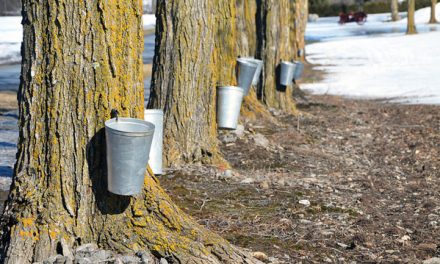ONTARIO – As of April 1, Trudeau’s government’s carbon tax will come into effect, putting a direct price on emissions and that’s no joke.
The implementation of this tax means that fuel producers and distributors must pay a designated amount per tonne of carbon dioxide emitted from burning carbon-based fuels. To motivate emitters to decrease emissions, the price usually goes up slowly over time so households and industries can have time to adjust and adopt less carbon-heavy practices.
While consumers won’t have to pay a tax directly like the corporations and businesses do, they will be facing higher prices for goods and services that emit higher greenhouse gases. As of April 1, gas prices can see an increase as high as 4.4 cents per litre and can continue to increase up to 11 cents per litre by April of 2022 as the carbon tax gradually increases.
Premier Doug Ford’s government says stakeholders are fearful of this new tax’s effect on Ontario’s agribusiness, stating that it could reduce its competitiveness in the global marketplace. There is also concern surrounding the tax’s impact on job security due to increased costs and that the carbon tax will not accomplish its goal of helping the environment or reducing emissions.
According Stormont Dundas and South Glengarry MPP Jim McDonell, farmers usually deal with lower yields due to shorter growing seasons, higher taxes and more expensive fuels, electricity and regulations. Most of these prices are also set in the United States, where farmers are offered huge government subsidies but don’t have to deal with expensive costs which are mostly set by their own government.
“Ontario’s farmers and agribusiness leaders have told us that a carbon tax will increase the cost of doing business, from heating fuels to transportation costs of shipping products to market. This not only hurts their businesses, but also negatively affects our economy,” Ontario’s Minister of Agriculture, Food and Rural Affairs, Ernie Hardeman, said on the same day. “When costs go up, consumers often pay the price, and less money goes into the pockets of farmers and workers. That’s why I am standing up for our farmers and agribusinesses — to protect the sector, our economy and Ontario jobs.”
According to Ontario’s Minister of the Environment, Conservation and Parks, the province will continue to maintain their objective to cutting emissions to 30 per cent below 2005 levels by 2030.
The Ford Conservatives continue to maintain that fighting against this upcoming carbon tax is crucial step to keep Ontario open for businesses and open for more jobs.












